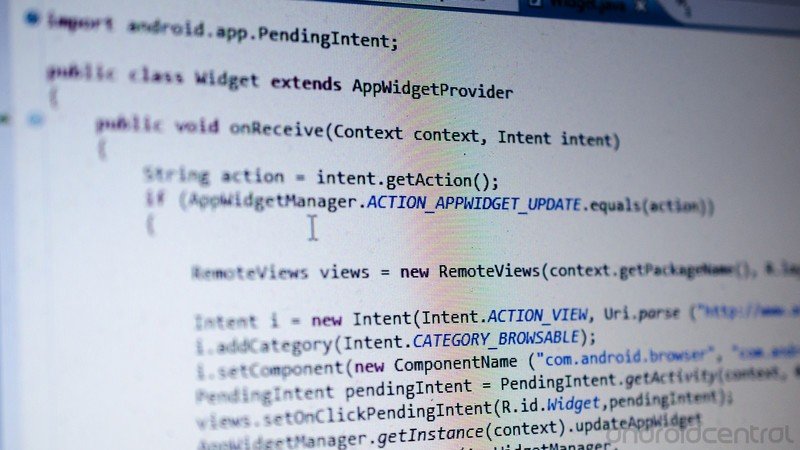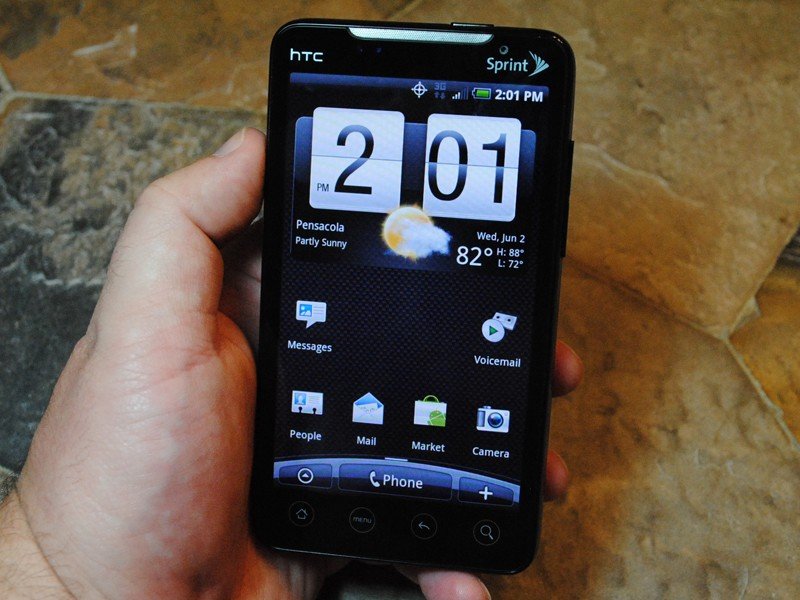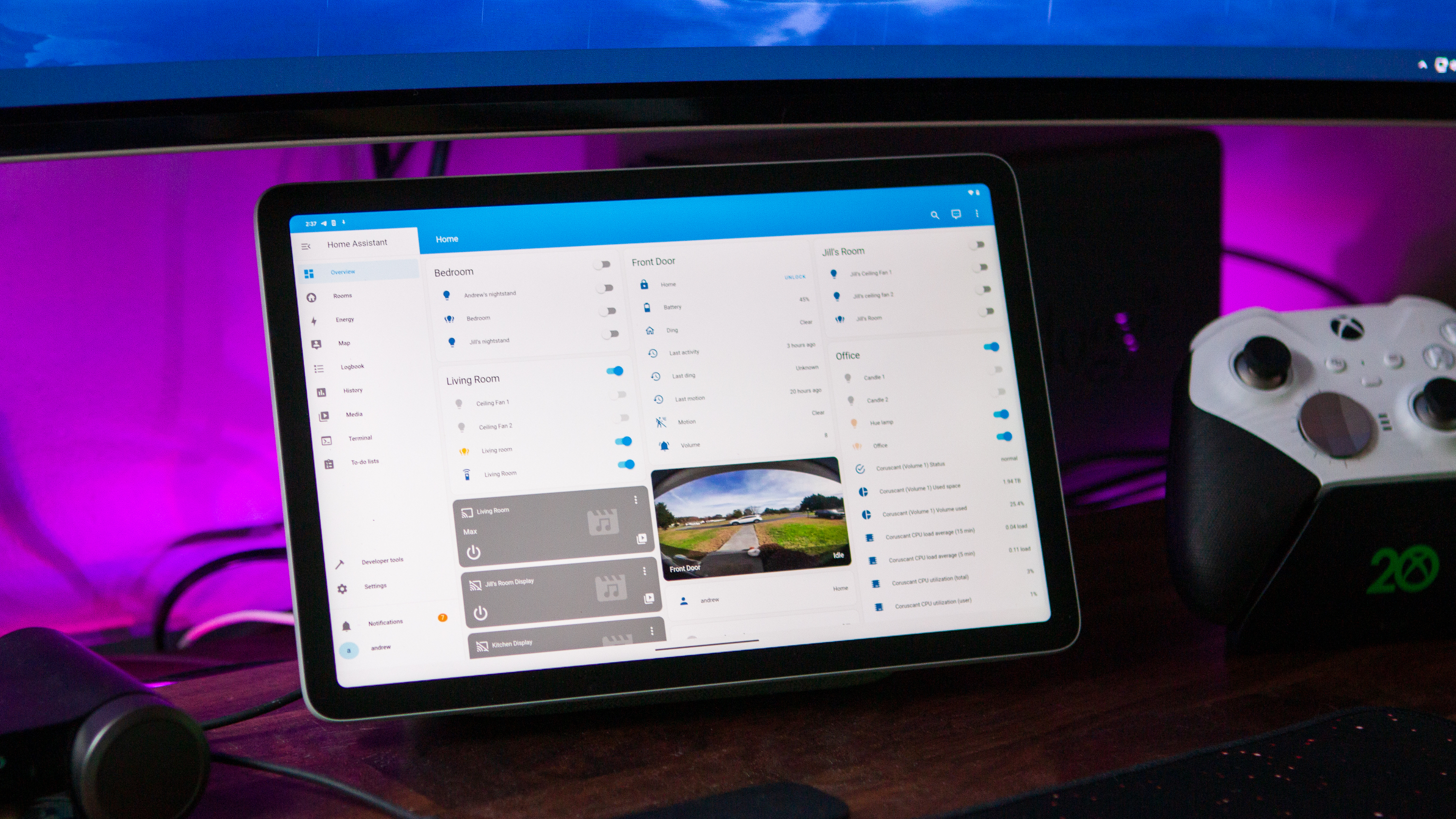Reported changes to Android development aren't really a change
It might have made you click, though.

A report says Android code development is going completely private. That sounds a little ominous, considering everyone thinks Android is a completely open project. It's not. Android was never as open as you might think, and these changes aren't really a change.
Google is ultimately in charge of Android's code. Google decides what gets done, how it gets done, and when it gets done. You (or anyone) can contribute to Android, though. Once everything gets wrapped up, the "finished" code is posted for anyone to grab and use however they want.
In this way, Android is open. It uses liberal open-source licenses, which allow other companies like Samsung or Motorola to make changes and never have to share the work with us. You can make those kinds of changes, too, if you like. Please don't.
Android is open, but it's not as open as you think.
I asked for a public statement from a few Googlers who work on the Android project, but the folks I know well enough to ask can't give me one. Google has rules about who can share information and what they can share, and I don't blame them for it. Heck, they might not even know because big companies love to keep secrets.
According to the report, Google is supposed to make a formal announcement soon about the change, so we'll have to wait and see if there's any more to this news. But for now, it seems like much ado about nothing.
Going off the current report, nothing is really changing. You won't be able to look at submitted changes that aren't accepted, and you could never look at what was decided on until the code was released. Remember what I said about secrets? Don't worry, I'm about to explain.
The tree and its branches

There are two "main" versions of Android 16 right now, just as there were two versions of Android 15, and there will be two versions of Android 17, too. I'm not talking about slight differences between tablets and phones or anything for wearables, etc, I'm talking about Android itself.
Be an expert in 5 minutes
Get the latest news from Android Central, your trusted companion in the world of Android
There is a main branch of Android 16 and an experimental branch. The main branch is the one you can't see because it's developed by Google. It's also the branch that will be released as the next platform version, and when that happens, every single line will be posted for download. That won't be until Google is finished with Android 16, though.

Then there's the experimental branch. It's where things that may or may not work as intended are placed until the right people can figure out if they are needed and, if so, how they will be implemented. Right now, you can see a lot of it, but the latest says you won't be able to in the future. None of what you see here is part of Android, and it may never be.
Anyone can send a software patch to Google, and those get placed in that experimental branch. A large number of these changes are ignored and never make it into an actual release. Working with Google is really no different than working with any other software company; they can't just merge dumb changes into the "finished" product.
The experimental branch of Android is nothing but a rumor mill. People see a change and tell others about it, and eventually, the rumor is that something will be coming in the next version of Android. This is what is going away.
I say adios and good riddance. Nobody working on building an actual version of Android that will run on a device pays any attention to the experimental branch. Neither should you.
What would this mean for you?

What you really need to know is that for companies making phones, nothing changes because they often do get to peek at the "private" code before it is released. This goes for security patches as well as platform versions because doing the work once everything is made public means it would take far too long.
People who build ROMs (custom versions of Android) base their work on the current stable version of AOSP because they want all the non-open parts, like Google Play, to work with the APIs being used. Nobody wants to use a phone without third-party apps, and all those apps are written to work with the documented stable version of Android. Especially Google's apps.
If you've been an Android nerd for a long time and were an HTC fan, you might remember how I got hired here: I made custom ROMs and patched kernels for a lot of phones as a hobby and was willing to help people understand how they worked and how to get them installed.
It's not anything you can't do, and it's not difficult; it's just consuming. I still do it once in a while and remember why I stopped. Nobody is doing this and basing their work on the experimental branch of Android so they can make it harder.
What will really change is the Reddit rumor mill and clickbait headlines on your favorite Android website — including this one. That's a good thing.

Jerry is an amateur woodworker and struggling shade tree mechanic. There's nothing he can't take apart, but many things he can't reassemble. You'll find him writing and speaking his loud opinion on Android Central and occasionally on Threads.
You must confirm your public display name before commenting
Please logout and then login again, you will then be prompted to enter your display name.
